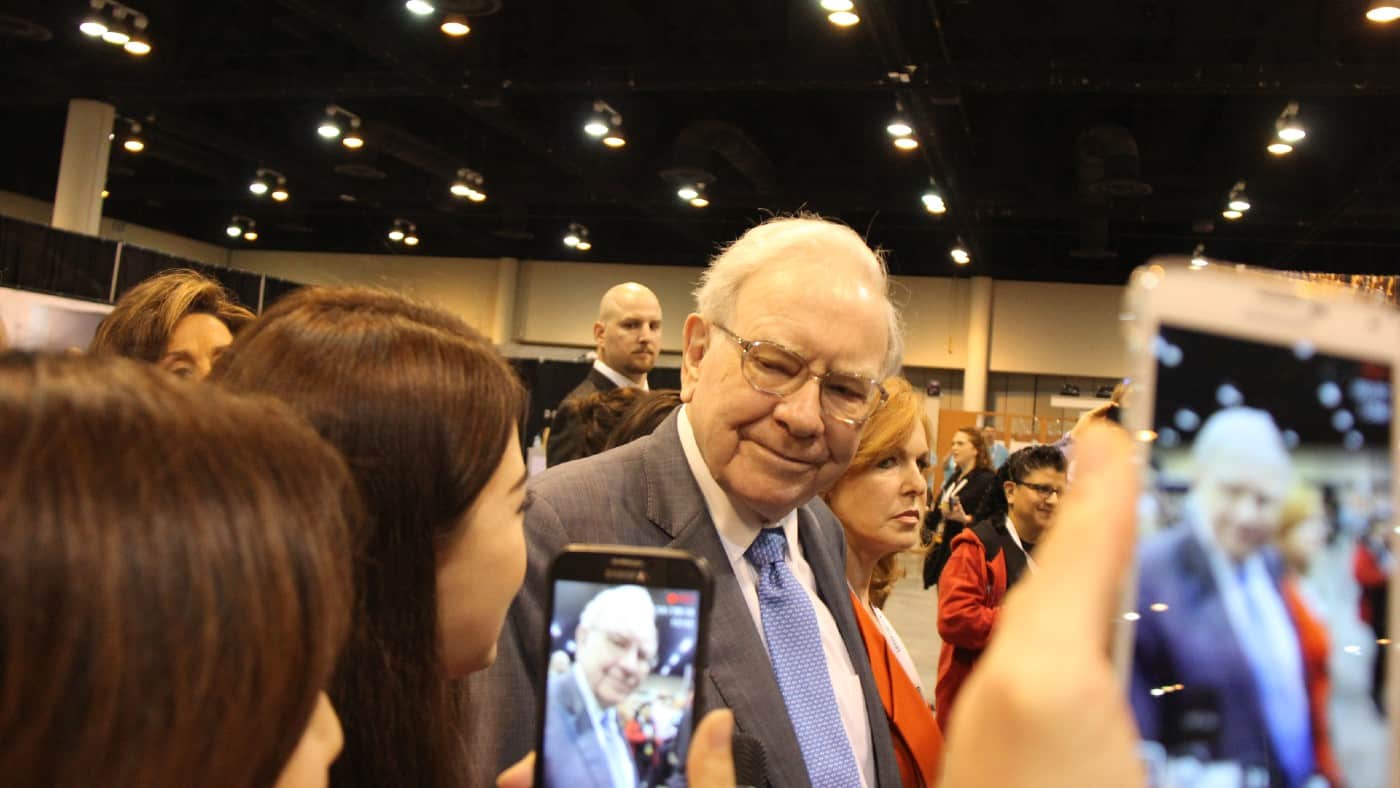With just a few days to go before the Stocks and Shares ISA window closes, I’m keen to shelter as much money from the taxman as possible. But, then, how do I go about growing that wealth? For me the answer is simple: use the Warren Buffett method.
Investing to build wealth
It’s that time of the year again, where I need to remind myself to invest every spare pound I have into my Stocks and Shares ISA. The equation is simple: use it, or lose it.
At the beginning of each month, I save a small portion of my salary with the intention of eventually putting it to work in the stock market.
When putting my money to work, I always recall Buffett’s first rule of investing: don’t lose any. The easiest way to execute on this is to buy stocks that trade far below what they’re worth. For me, that means leaving cash on the sidelines ready to deploy when any of my watchlist are marked down.
Temperament trumps intellect
In an era of commission-free trading and limitless sources of information, investing can come across as complicated and requiring a big IQ.
If I type ‘stocks to buy’ in Google, it returns nearly 4bn results! Every day an investor is bombarded with hot stock picks through channels such as social media forums.
Buffett’s approach is different. For him the most endearing quality of an investor is a stable personality. Such an individual “neither derives great pleasure for being with the crowd or against the crowd”.
Investing is about thinking. An investor may be right because their facts and reasoning are right, not because other people agree or disagree with them.
Cultivate patience
One of the hardest things for an investor like me to do is… absolutely nothing (in terms of buying and selling, that is). Why? Because it’s boring. For professional money managers whose careers are dependent on beating a benchmark, doing nothing is simply not an option.
However, Buffett has demonstrated that successful investors don’t need to be active traders in the market. Instead, he spends most of his day analysing company accounts and reading widely. He uses the knowledge he obtains in order to value businesses.
Circle of competence
Buffett once said: “I don’t have to make money in every game.” In this context, he was specifically speaking about his lack of exposure to technology-related stocks. Today, Apple might be Berkshire Hathaway‘s largest holding, but for decades Buffett’s holding company never held tech stocks.
The reason for his lack of exposure in the tech space was because he didn’t understand their business models and, by extension, how to value them.
Every day a slice of thousands of publicly traded companies is available to investors at a price that’s constantly changing. Buffett likens this to a game of baseball where a pitcher will throw a ball. Unlike baseball, however, nothing is forcing me to take a swing.
It’s this kind of thinking that I employ when I’m considering investing — I’ll only swing if a business is within my circle of competence and I’m confident that the price it’s being offered at is less than its intrinsic worth.







